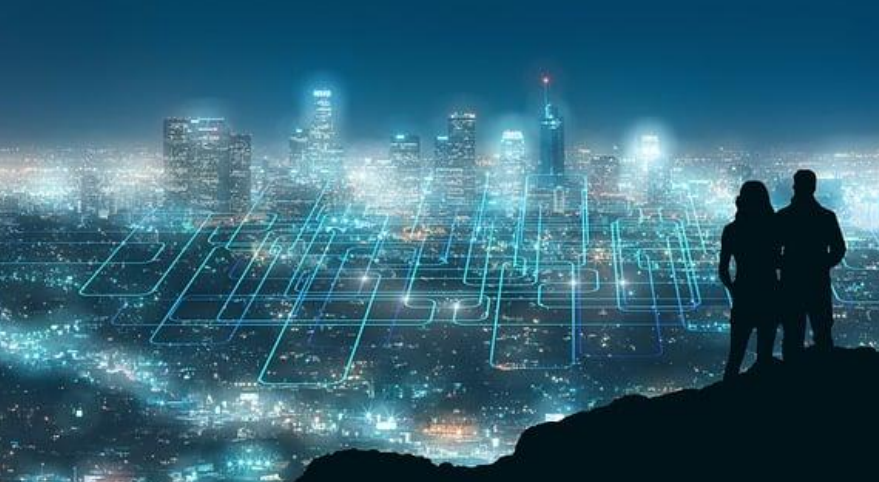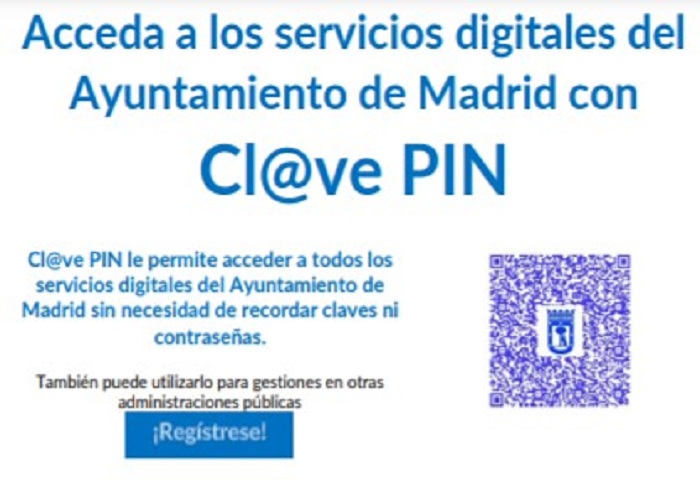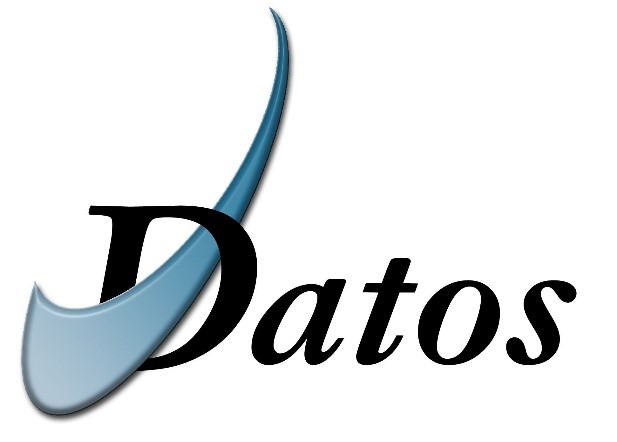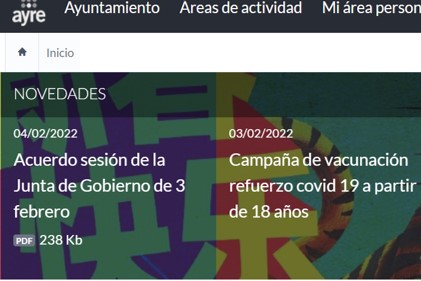Main Actions
Digital transformation is one of the strategic instruments for improving the city that facilitates simple, quality, fast and proactive public services for all, through intensive use of the latest generation of technological infrastructures: data centres, 5G communications, IoT (internet of things), Artificial Intelligence, cyber security, and promotes the generation of talent and attracting investment.
-
Digital Transformation Strategy
"Madrid, Capital Digital" is the strategy that the City Council has defined to continue to be a benchmark city in the digital sphere, designed for all the people and companies that form part of Madrid, for its neighbourhoods and districts, and for the City Council itself, as a catalyst of the city's digital transformation.
-
 Digital Transformation Decalogue
Digital Transformation DecalogueThe strategy for digital transformation builds on the city's digital strengths, to highlight that Madrid is already the city of the digital present, and highlights what we want Madrid to be in the near future. The messages are those referenced in the Madrid 2026 Decalogue.
-
 Action Plans
Action PlansDigital transformation must contribute to a competitive, innovative, open, sustainable and inclusive city. A city where everyone wants to live, work, study, invest or visit. Various action plans are being developed to gradually incorporate emerging and enabling technologies for the digitisation of services.
-
 City of Madrid loT Laboratory
City of Madrid loT LaboratoryAn expert centre to standardise the devices that will constantly measure environmental parameters, energy consumption, etc. throughout the city as well as a smart city platform to optimise resources and plan for future demands.
-
 5G Agenda Website
5G Agenda WebsitePromoting and supporting the deployment of 5G and its use in municipal services. The 5G Agenda is the part of the Digital Transformation Strategy developed by Madrid City Council which aims to take advantage of the new generation of communications.
-
 Digital Twin
Digital TwinA digital twin is a digital representation, as accurate as possible, of one or more elements of a city, including the characteristics, data, functions, behaviour, and interactions necessary to satisfy the management and decision-making needs of the city.
-
 Digital Talent
Digital TalentThe digital office encourages and promotes digital training for both municipal staff and society in general, paying special attention to ensuring that technology facilitates the closing of all gaps and avoids opening new ones.
-
 Mobilities for EU Project
Mobilities for EU ProjectAs part of the initiative 'New Mobility solutions for climate neutrality in EU Cities', together with the city of Dresden and five other replicating cities, and within the framework of the European Mission 'Climate Neutral and Smart Cities', the aim of this project is to analyse the state of the art of the technology through real demonstrators.
-
 Digital identity
Digital identityDigital identity is considered one of the first barriers to using e-administration. For this reason, the Digital Office has launched various initiatives aimed at facilitating citizens' access to digital services, starting with the modification of the regulations.
-
 Substitution of submission of documents and provision of data
Substitution of submission of documents and provision of dataWithin the framework of collaboration between administrations, the State Administration has launched the Digital Intermediation Platform (DIP), which allows access to data verification and consultation services between administrations.
-
 Paper reduction
Paper reductionIn the last two years we have reduced paper mailings between sites, both internally and externally, by more than 66%. This is thanks to the growth and promotion of the digital channel through the use of electronic signatures and electronic notifications.
-
 Govtech
GovtechThe city of Madrid houses one of the hubs (operational centres) that concentrates the majority of start-ups (emerging companies), universities, corporations and investors, favouring a public demand for innovation to face the challenges of the digital transformation of its public services in the current framework of economic recovery.
-
 Register
RegisterThe electronic register accepts applications and documents 24 hours a day, every day of the year, with the exception of disruptions necessary for technical reasons.
-
 Electronic notifications
Electronic notificationsIn November 2020 we implemented the City Council's electronic notifications and communications system. NOTIFICAE (Notifications and Communications) allows for notification by appearance at Headquarters through My Folder and the Single Enabled Electronic Address (DEHú).
-
 Intranet
IntranetThe 'ayre' Intranet is the portal for employees of Madrid City Council and its autonomous bodies.





